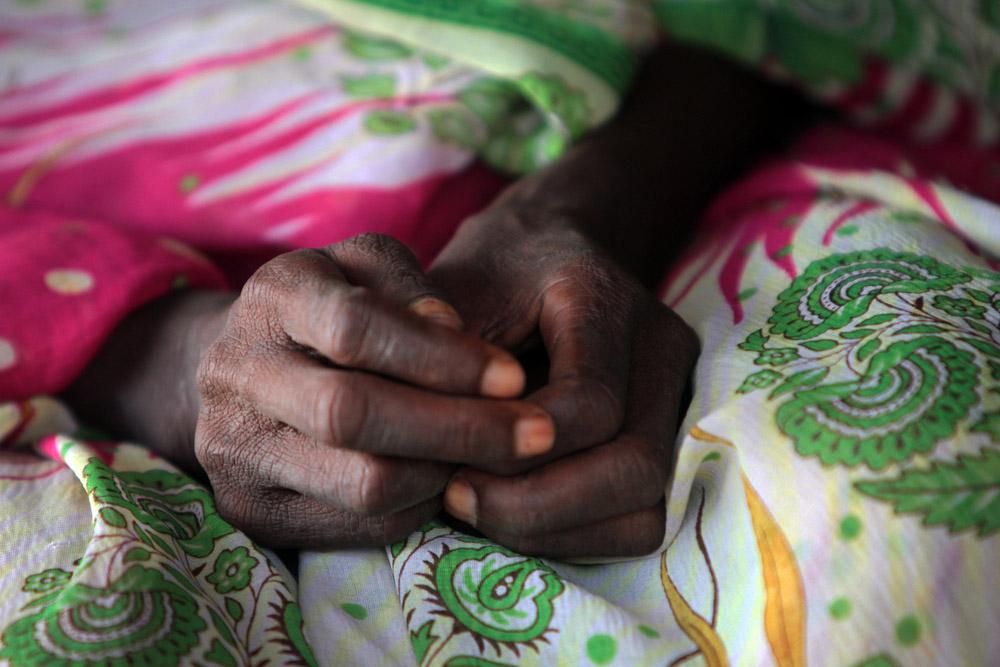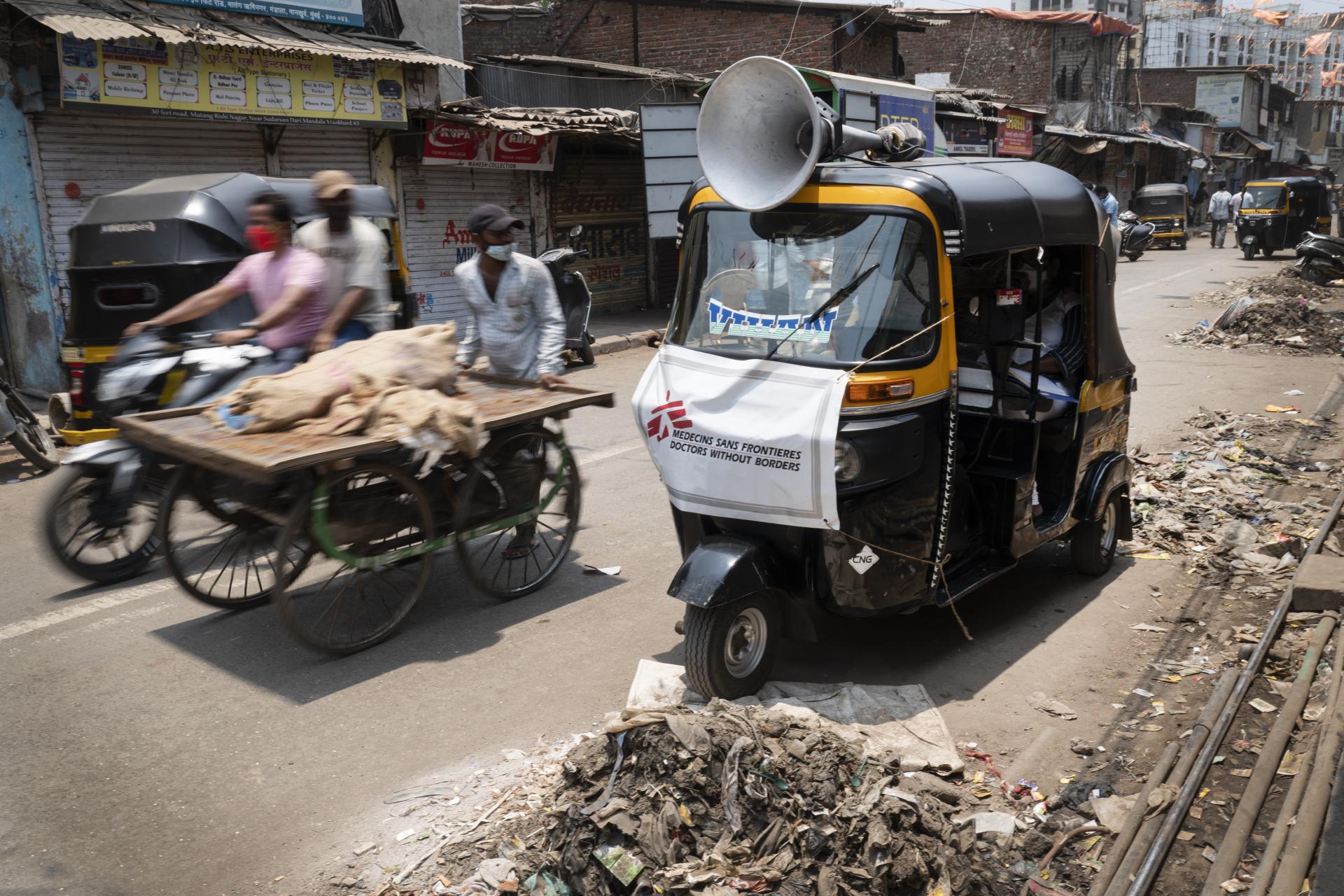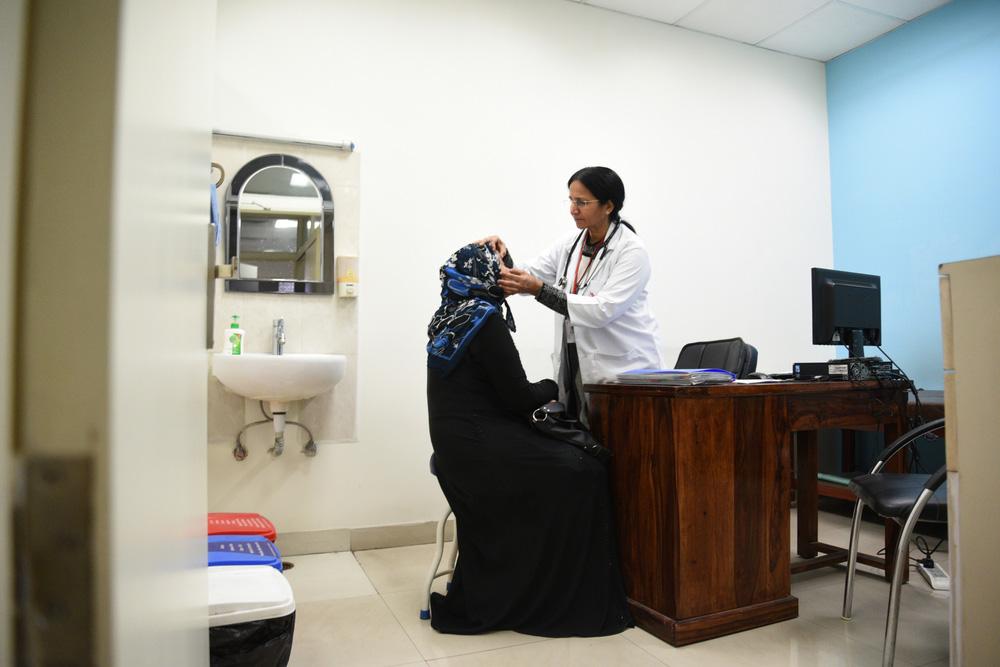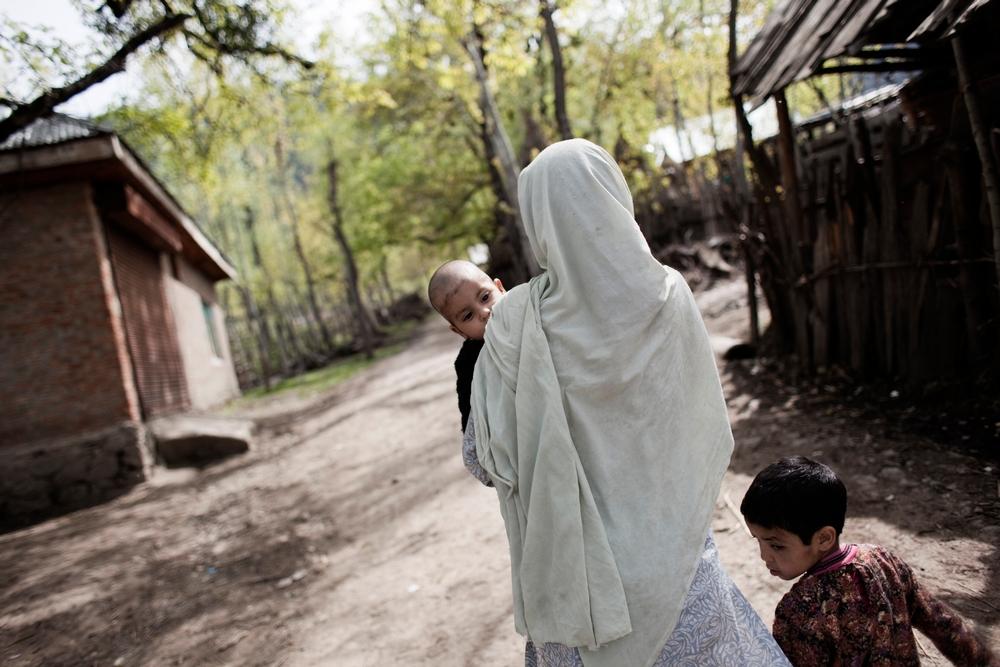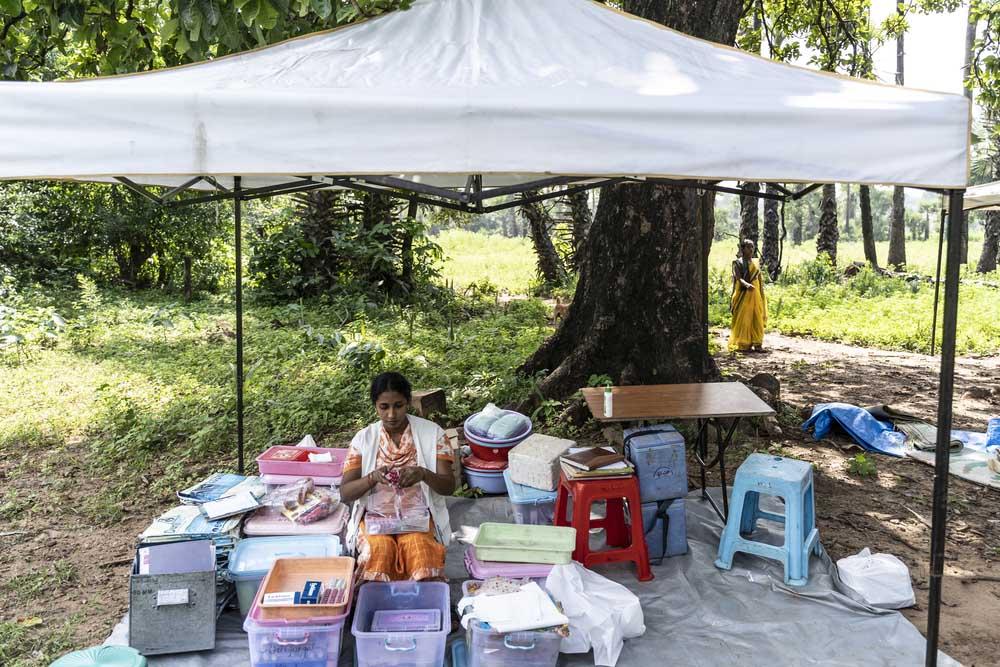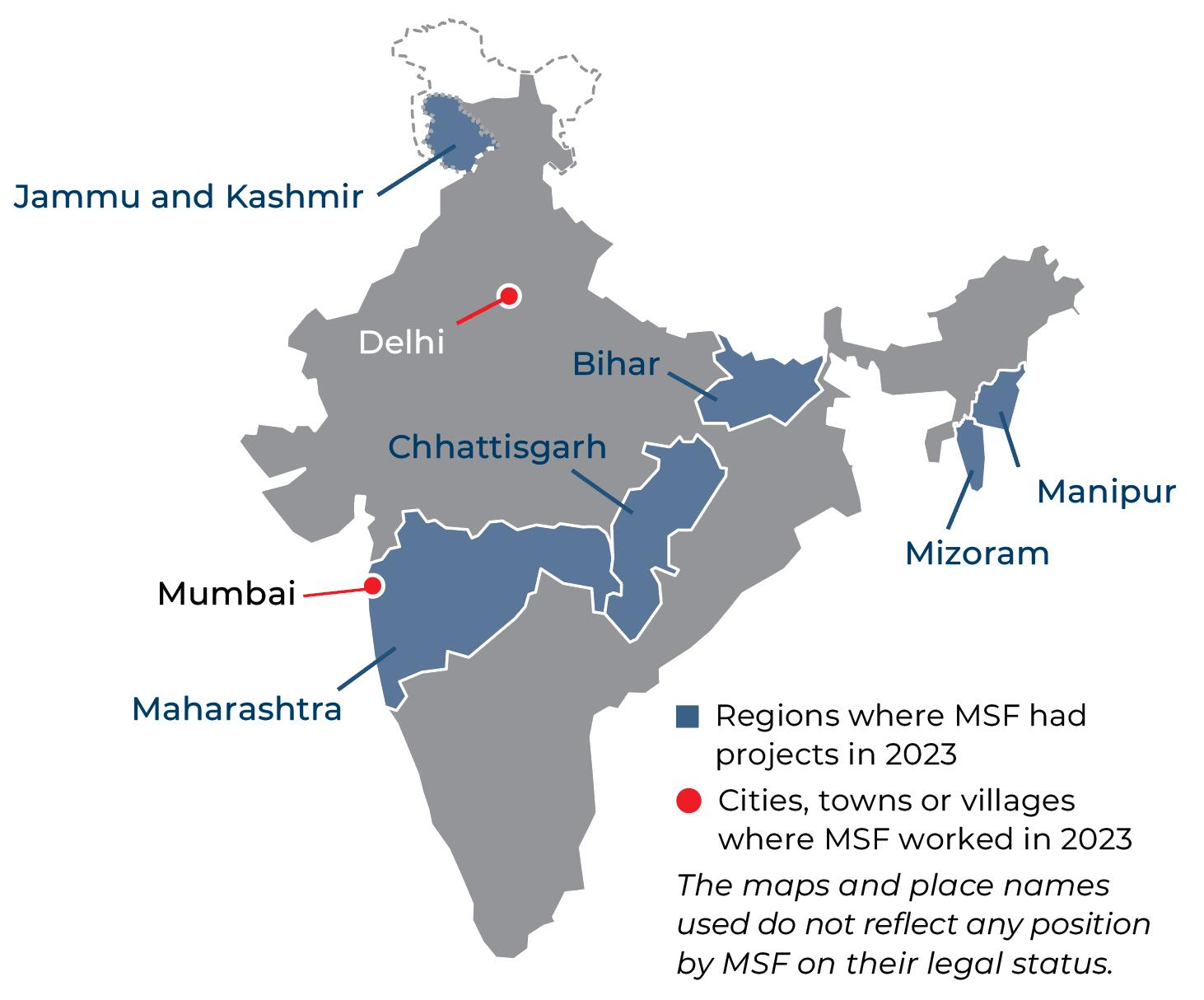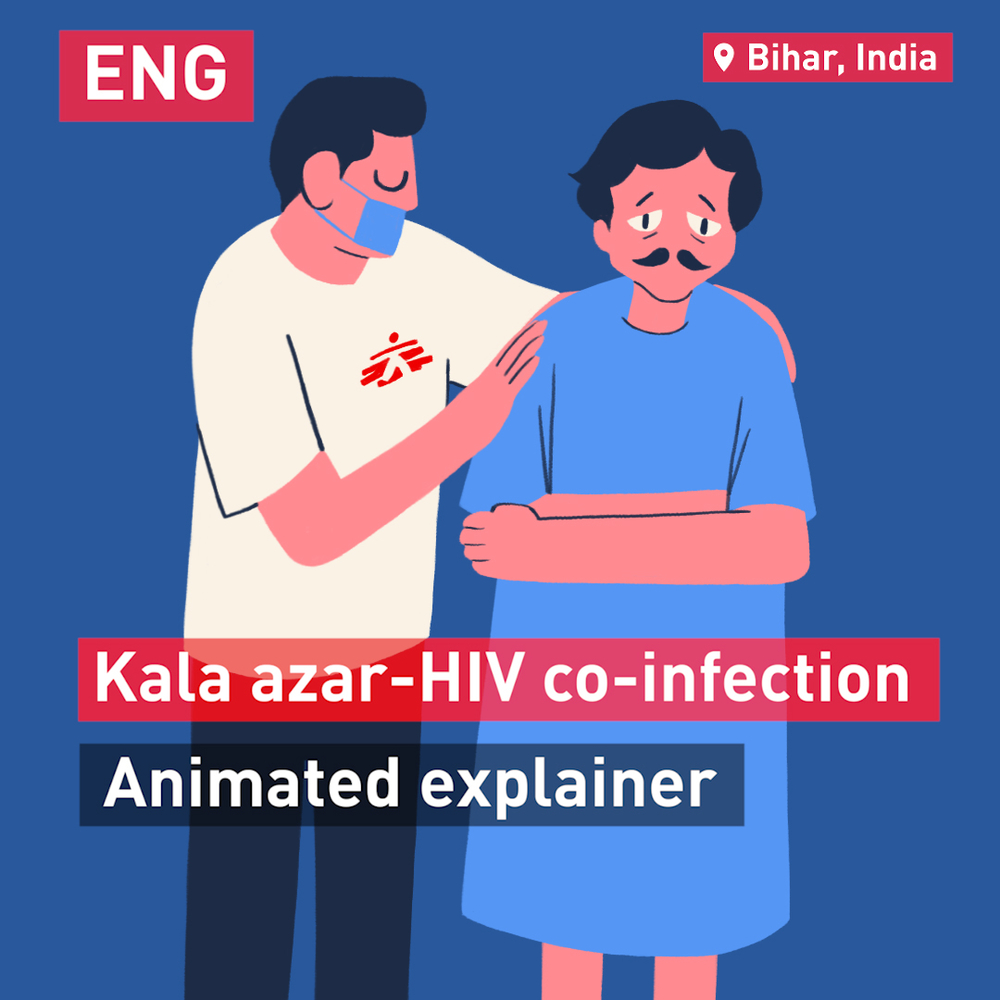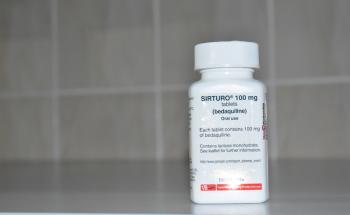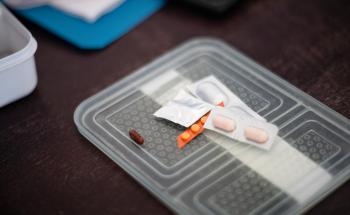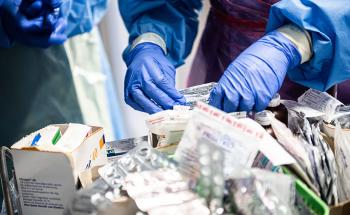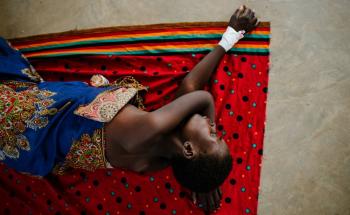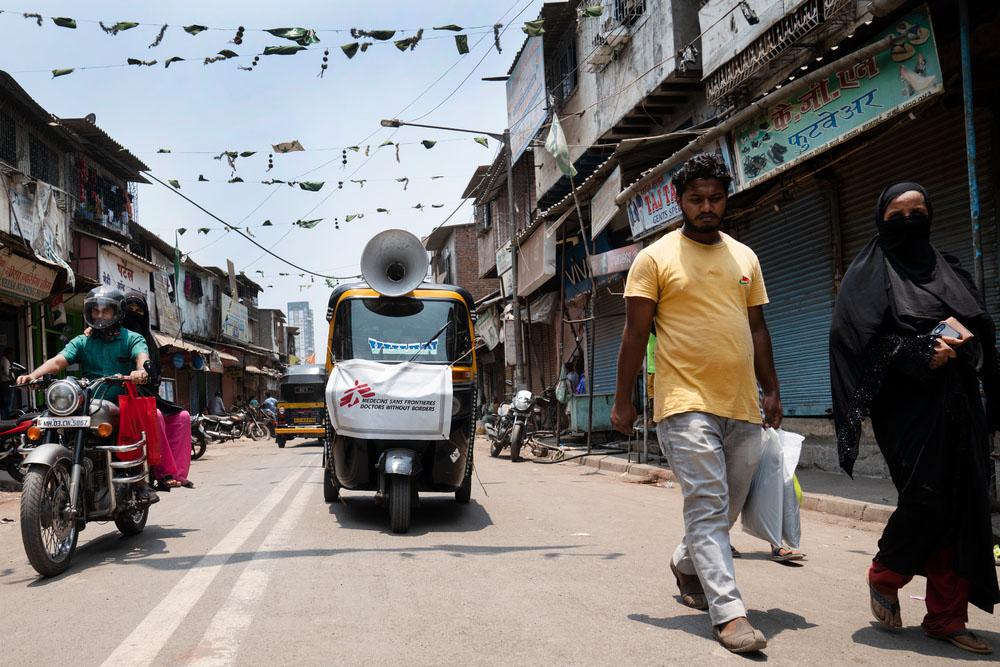In Mumbai, MSF’s clinic treats complex cases of drug-resistant TB (DR-TB), including extensively drug-resistant forms of the disease, with innovative drug combinations. For children under five, we implement all-oral regimens. The clinic also supports some palliative care patients when all available treatment options have failed.
In addition, we work with the National Tuberculosis Elimination Programme and Municipal Corporation of Greater Mumbai to reduce high TB incidence and death rates in the area. Our team co-manages a DR-TB centre in a public hospital, and we support diagnosis, treatment, counselling, contact tracing and health promotion.
In Manipur, our project caring for people living with HIV, TB, DR-TB and hepatitis C was severely disrupted when conflict broke out in May, effectively dividing the state into two ethnically separate areas. At the end of the year, as this continued to pose significant challenges to the provision of care and the medical supply chain, our teams were monitoring needs and exploring possible short-term emergency interventions.
In Mizoram state, northeast India, we offered basic healthcare and specialist referrals for refugees from Chin state, Myanmar, at our clinic in Zawkhatar. In displacement camps in the southern-border districts of Champhai, Siaha and Lawngtlai, we provided newly arrived families with relief items such as tents, and cooking and hygiene kits, as well as access to water and sanitation facilities, and medical referrals.
We closed our sexual violence treatment centre in the capital, New Delhi, in November, but will continue to work with other organisations to call for improved access to care for victims and survivors in India. This involves addressing the existing legal and medical barriers that prevent people from seeking urgent treatment.
MSF’s other projects in India include the provision of comprehensive care to people living with advanced HIV in Bihar, essential healthcare via mobile clinics in remote areas of Chhattisgarh, and mental health services in Jammu and Kashmir.

